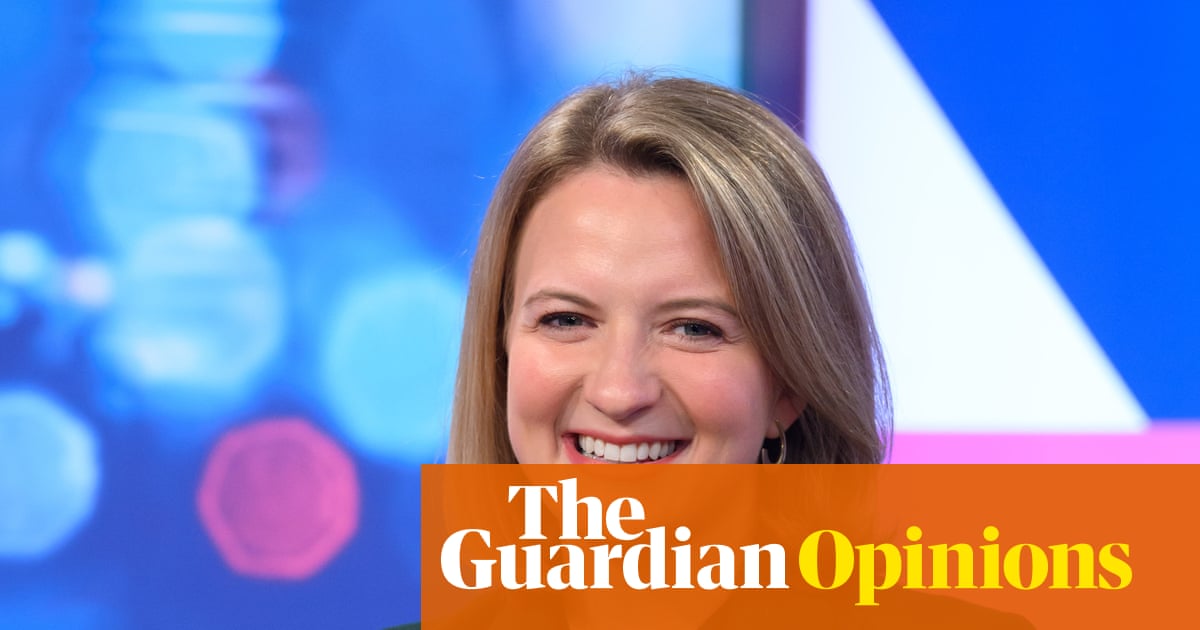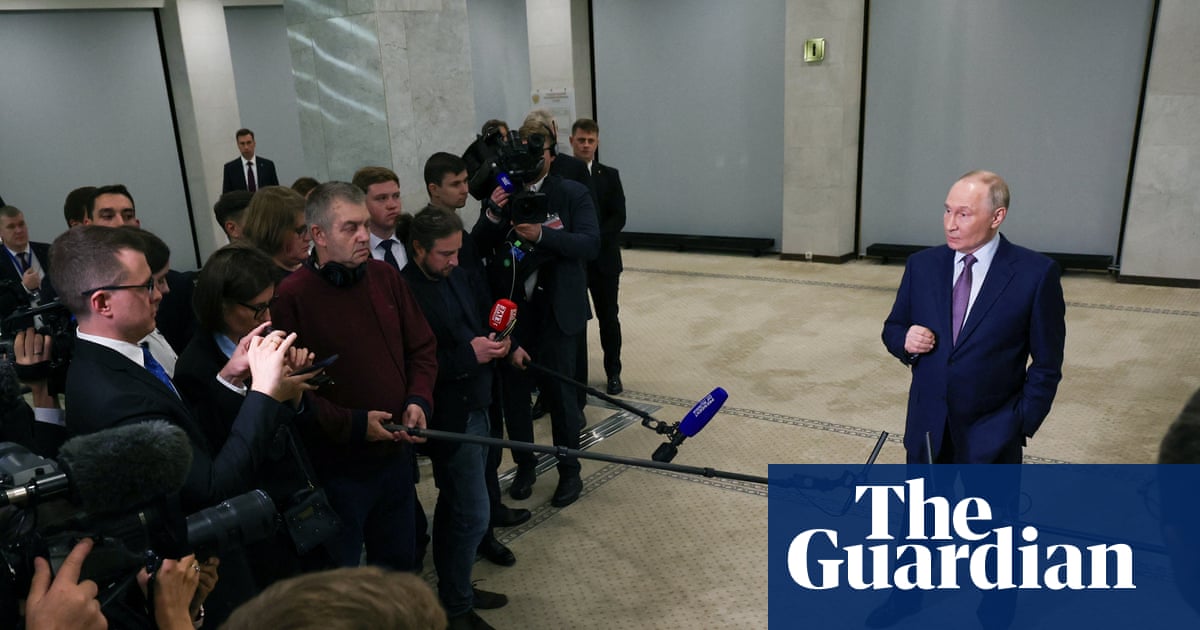Rachel Reeves is considering raising income tax at next month’s budget to help reduce a multibillion pound shortfall, sources have told the Guardian.
The chancellor is in active discussions over breaking one of her party’s main manifesto pledges as she looks for ways to clear an estimated shortfall of more than £30bn, according to three sources close to the budget process.
Some advisers in the Treasury and No 10 believe that raising income tax might be the only way to make sure she raises enough money never to have to come back for tax rises again in this parliament.
But Reeves is understood to be nervous about the political consequences of such a major abandonment of the party’s previous pledges, especially given she broke them to raise national insurance last year.
The Treasury is also torn over which rates it could raise. One source said Reeves is considering adding 1p to the basic rate, which would garner more than £8bn. However, doing so is likely to add to concerns about the cost of living.
And with the chancellor having promised to make sure those with the “broadest shoulders” face the highest burden, others believe she is more likely to raise the higher or additional rates. Those rates, which kick in at roughly £50,000 and £125,000 a year, bring in the much smaller sums of about £2bn and £230m, respectively.
One senior official said current discussions centred on how much room Reeves wanted to give herself against her fiscal rules.
The chancellor has said she wants to have more than the £10bn she accounted for at the spring statement, which has since been eroded by changing economic forecasts, but has not yet decided how much.
“There is a very live debate going on right now among those planning the budget about how bold we want to be on the headroom,” the person said.
“No one wants it to be £10bn again but there is an argument we go much higher, which will mean we don’t have to come back and do this again and might have space to cut taxes before the budget. If we go down that route however, it makes it more likely that we have to raise income tax – that is the discussion that is going on at the moment.”
Another said: “Rachel is understandably nervous but there is a big desire for additional headroom. But we need a stronger argument about our purpose if we are going to make the case.”
A third source said: “The politics is bad either way. What matters, I think, is doing the right thing.”
The Treasury declined to comment. While Reeves and Keir Starmer both insist their manifesto commitments “stand”, they have not gone as far as guaranteeing not to break them in the budget.
Reeves is facing one of the most difficult budgets any chancellor has contemplated in recent years, thanks mainly to a decision by the Office for Budget Responsibility to downgrade its estimates for Britain’s economic productivity.
That decision alone is expected to cost the chancellor an estimated £20bn a year, while she also has to account for reversing the winter fuel cut, abandoning cuts to welfare payments, and an expected move to end the two-child benefit cap.
The pressure has eased slightly in recent days thanks to falling interest rates on government debt, which have fallen to their lowest rates in more than a year, giving her potential savings of between £2bn and £3bn.
The chancellor is also planning to raise an additional £2bn by increasing national insurance on doctors, lawyers and accountants who are employed through partnerships. And she is hoping to pass the government’s planning law in time for it to be accounted for by the OBR.
after newsletter promotion
None of these relatively minor tax and accounting changes are likely to give her enough money to be sure the savings will not be eroded by future economic fluctuations.
As a result, some allies are urging her to make a one-off decision to break one of the party’s most important manifesto pledges with a rise in income tax.
Those plans are now being discussed by the budget board, a group of advisers from Downing Street and the Treasury who meet regularly to discuss the chancellor’s options. The board is co-chaired by Torsten Bell, a Treasury minister, and Minouche Shafik, the prime minister’s chief economic adviser.
Advisers say there are a number of options on the table.
The underlying principle, they say, is to make sure those with the capacity to pay more tax should primarily do so. But raising the additional rate applicable to only the very highest earners would only raise an estimated £230m for every penny it goes up.
Increasing the higher rate of income tax by 1p to 41p would raise £2.1bn a year, but this would apply to anyone earning £50,271.
One source said the chancellor was considering raising the basic rate of income tax by 1p, which would bring in a much more significant £8.2bn a year but may be viewed as politically toxic.
One solution promoted by the Resolution Foundation thinktank, which Bell used to run, is to increase the basic rate of income tax by 2p but reduce employee national insurance by 2p. Such a move would raise £6bn and shift more of the burden on to pensioners and landlords, who do not pay national insurance.
Ruth Curtice, director of the Resolution Foundation thinktank, said: “Of all the major taxes, putting up income tax fits best with current UK economic woes of low growth and sticky inflation.
“Whether or not income tax rates are changed, there should be tax reform to reduce the higher rates of tax on employment compared to other forms of income.”

.png) 4 hours ago
5
4 hours ago
5

















































